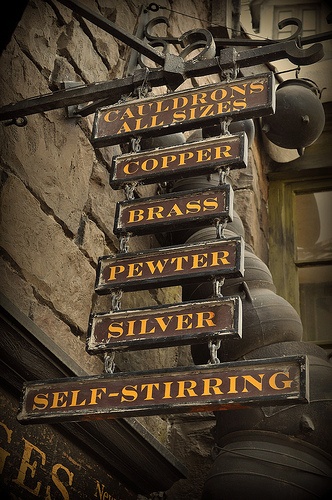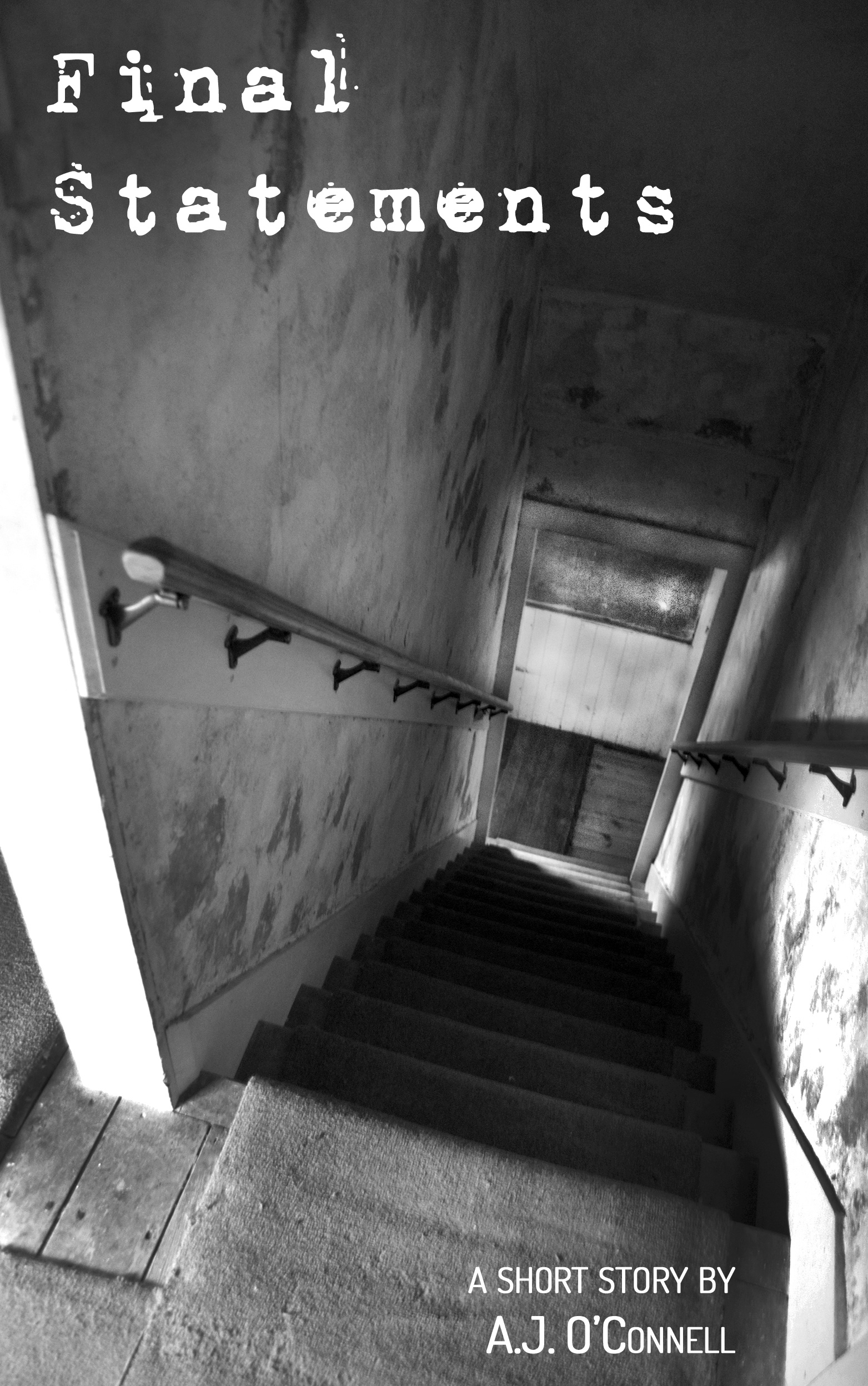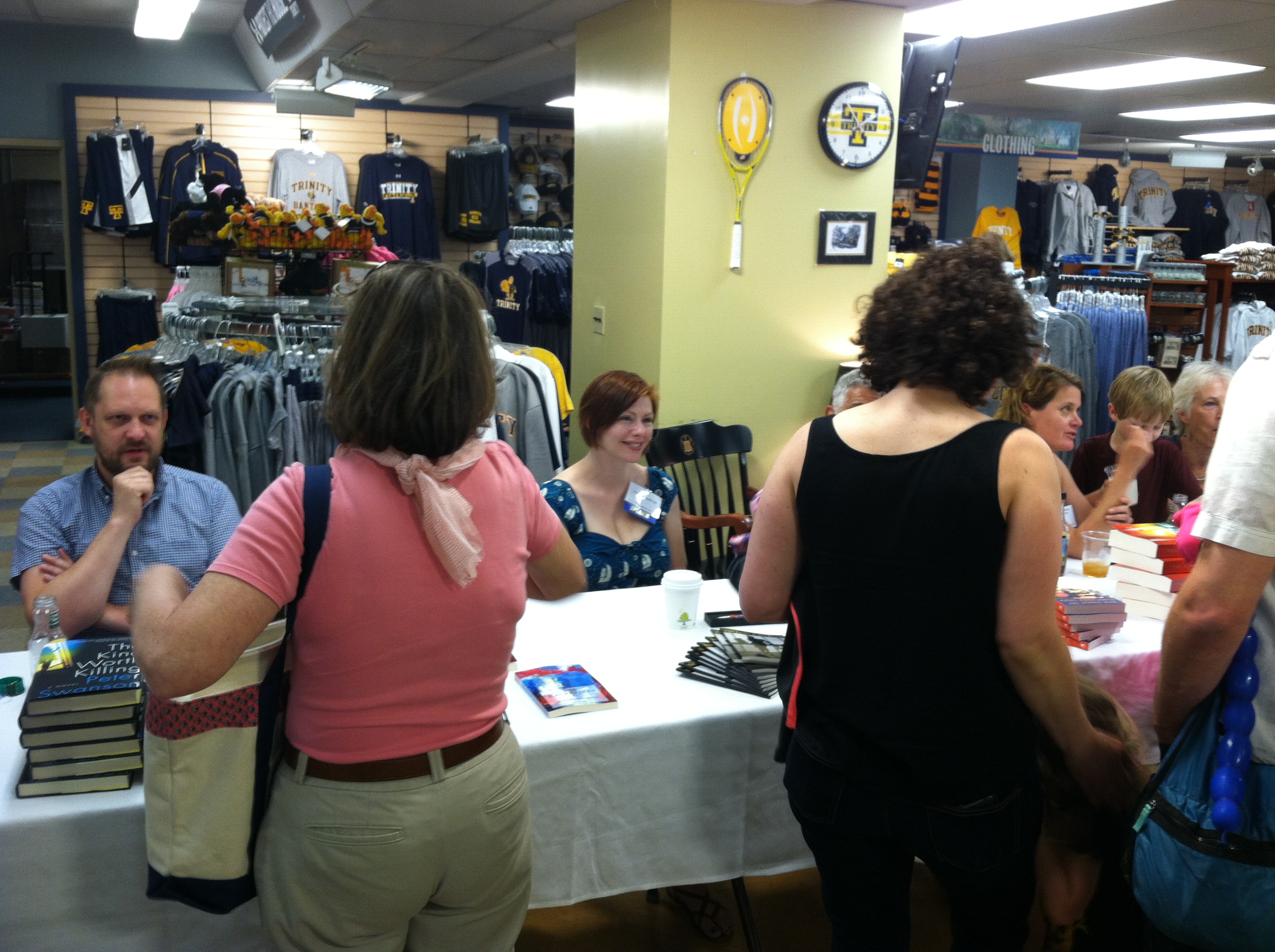Guys, I’m shutting down The Garrett. (That’s what this blog used to be called.) Or, at least, I’m changing it.
When I put this blog together in 2009, back when people were still naming their blogs, it was an appropriate piece of my online platform. Seven years ago blogs were something writers – especially unpublished writers – were expected to have. It was a way of building an audience, publishing essays, clearing my head before writing fiction and writing online diary entries. And I loved it. I blogged regularly.
That’s no longer true, for the Internet in general, or for me personally. Social media has taken over a lot of the territory once occupied by blogs, and as a freelance writer, I’m less willing to self-publish the essays I could be pitching elsewhere. (Also, now that I have a family and have seen lots of female writers get shouted or threatened off the web, I’m not as willing to write personal diary entries for the world to see. I’m getting old, kids.)
So what happens to the old posts?
What’s going to happen to this space? Well, I’ve already disentangled this blog from my domain name, ajoconnell dot com.
That said, my current plan is to keep the old content, so if you feel the need to discuss Harry Willson Watrous’s painting The Drop Sinister (many visitors do, amazingly) or if you too were a Catholic child plagued by fears of Immaculate Conception, you should still be able to read those posts.
My current plan is to keep all my old content and incorporate it into a new site as a sort of “What I’m Doing Right Now” section. That section probably won’t be the front page, as it is on this site, but it will be an area I can update.
In the meantime, while I’m building, everything should remain as it was and then, one day, when you least expect it: hey presto! New site!
Yeah, but…
“But A.J.,” you may be saying. “That means everything will be pretty much the same, right? Why are you getting so maudlin about it?”
Well, invisible reader in Internetland, let me tell you. Things ARE changing. When this site is reborn — sticky and squalling — as part of a bigger professional writing site, it will lose some of the personal flavor it’s had since 2009. For me, an era will end. A good era.
This blog has been my only website for seven years, and it’s been a part of a community, and although I haven’t blogged regularly in a while, I’ve come to enjoy my interactions with my readers and the informal blogging style I could use here.
So, hey, guys. I don’t know if any of my original readers will see this, but you made The Garrett what it was. Thank you.
![]()




 Hello everyone!
Hello everyone!

